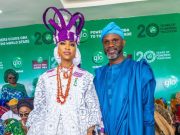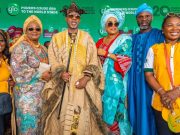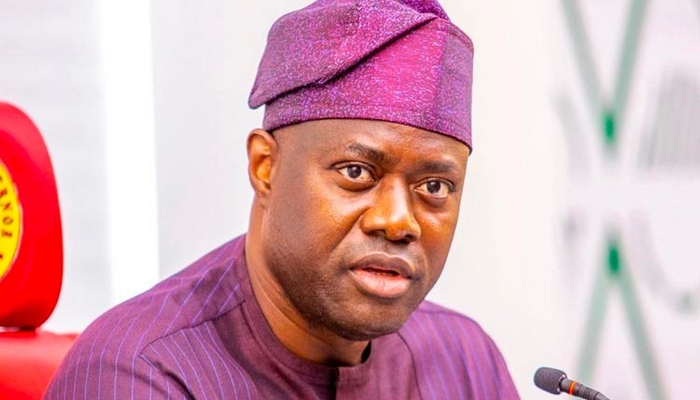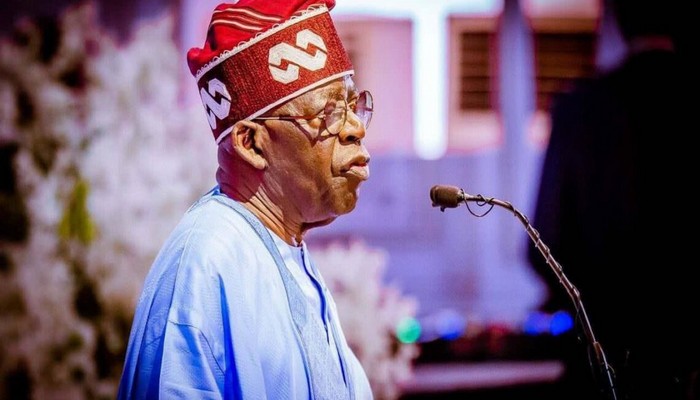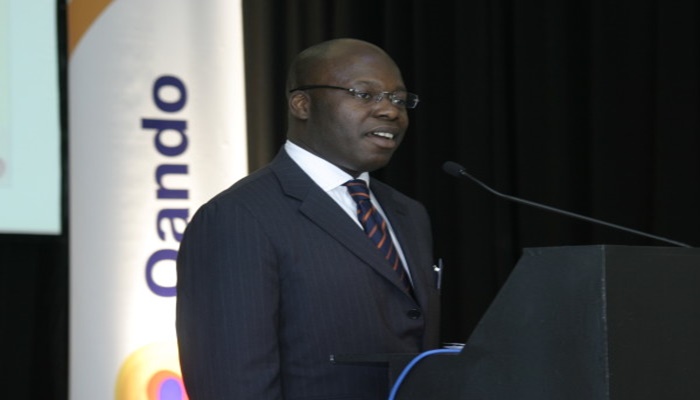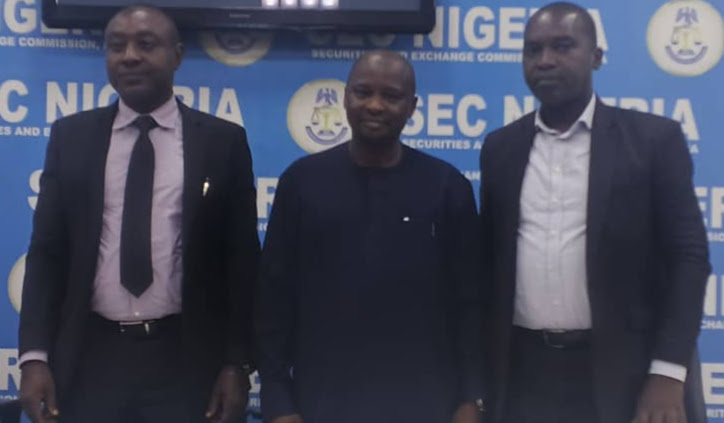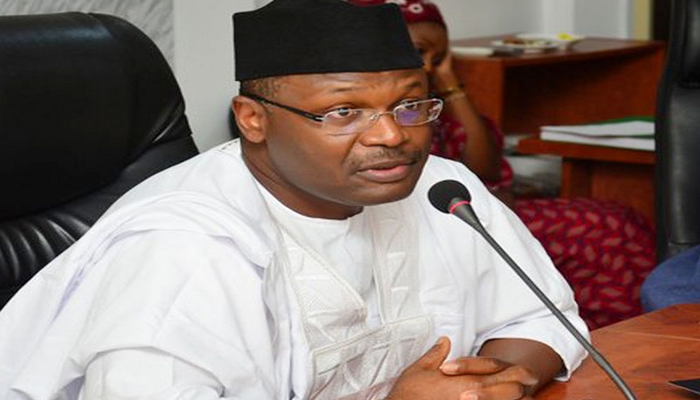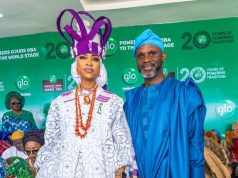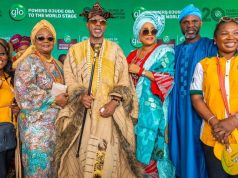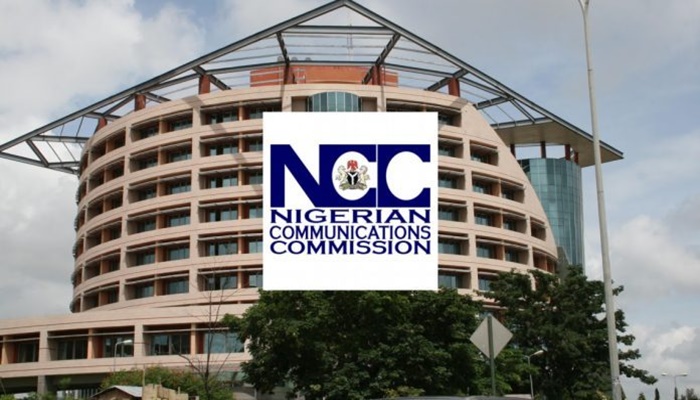The Independent National Electoral Commission (INEC) has said that the next presidential election will hold on the second Saturday of February 2023.
It also called for laws to allow electronic voting, stricter punishment and special court for electoral offences ahead of 2023.
The Chairman of INEC, Prof. Mahmood Yakubu, made the announcement in Abuja on Thursday at the inauguration of the Special Committee on the Review of the 1999 Constitution at the House of Representatives.
Yakubu, in his goodwill message, said Nigeria was 855 days away from the 2023 presidential election, urging the National Assembly to speed up the amendment of the Constitution and electoral reforms.
Yakubu said, “This is what happens in Ghana; every Ghanaian knows that every December 7 is Election Day. Every American knows that the first Tuesday of November of an election year is the Election Day. In Nigeria, it is the second Saturday of February in the election year. Therefore, when is the 2023 general election going to hold? It is the second Saturday of February of the election year. That means that from today till the 2023 presidential election, we have exactly 855 days.
“I am not reminding members of the National Assembly that their tenure will soon end. But the truth is that there has to be certainty of tenure. Between election and inauguration, there is time. So, between now and the next presidential election is 855 days, you have a very limited time for the Constitution amendment.”
The INEC boss also called for the implementation of recommendations by various panels on political and electoral reforms, while urging the parliament to consider more severe punishments for electoral offenders.
He said, “There must be a way, either by way of an amendment to the legal framework or the Constitution, to effectively penalise electoral offenders in this country. You cannot have a flourishing democracy in which laws are violated with impunity and nothing happens. So, there must be a mechanism by which they should be discouraged.”
Yakubu hailed the Deputy President of the Senate, Ovie Omo-Agege, for championing an Electoral Offences Commission and Tribunal.
The INEC boss also called for legal backing for electronic voting, saying, “Our election is too manual, too expensive, too cumbersome, too archaic. The process of collating results is sometimes chaotic but the law says that you must write results manually and collate them manually right from the polling unit to the ward, from the ward to the local government, then the state; and from the state to the national level in the case of a presidential election.”
He said Nigerians had seen an improvement in the credibility of polls with the online real-time publication of results in the recently held Edo and Ondo state governorship elections.
So, the encumbrances to the full deployment of technology in the transmission of election results should be removed as part of this process,” Yakubu stated.




